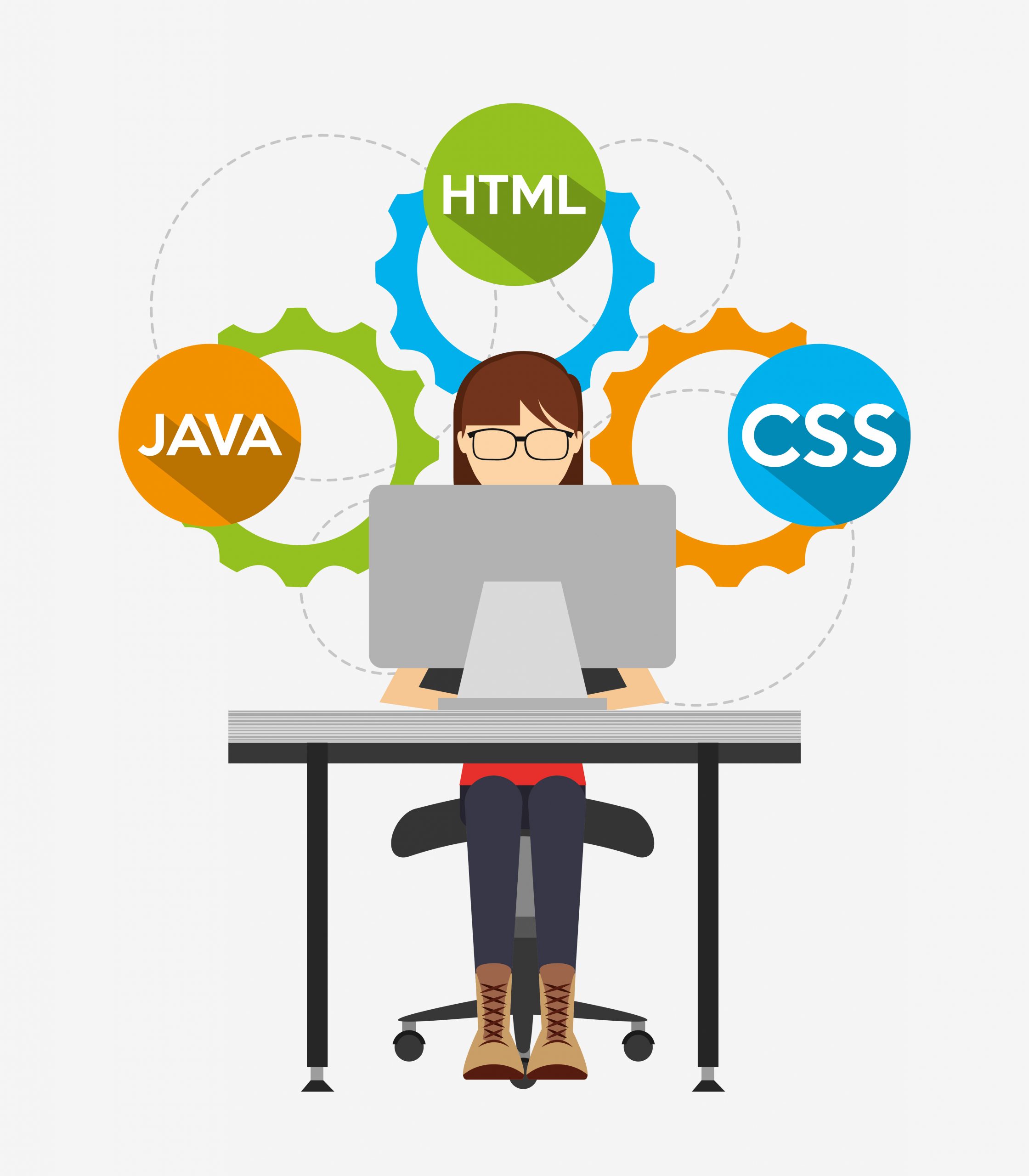Java Tools and Frameworks for Backend Development
Java Tools and Frameworks : Introduction
Java offers a plethora of tools and frameworks for backend development, each designed to streamline various aspects of the development process and enhance application performance.
Java Tools and Frameworks 1: Spring Framework:Spring is one of the most widely used Java frameworks for building enterprise-grade applications. It provides comprehensive support for dependency injection, aspect-oriented programming, data access, and web development. Spring Boot, a part of the Spring ecosystem, simplifies application setup and configuration.
Java Tools and Frameworks 2: Hibernate: Hibernate is an Object-Relational Mapping (ORM) framework that enables developers to map Java classes to database tables. It automates the data persistence process, making it easier to interact with databases and handle data efficiently.
Java Tools and Frameworks 3: Apache Maven: Maven is a powerful build automation tool that manages project dependencies and facilitates the building, testing, and packaging of Java applications. It simplifies project setup and helps maintain consistent project structures.
Java Tools and Frameworks 4: Apache Kafka: Kafka is a distributed streaming platform used to build real-time data pipelines and streaming applications. It facilitates reliable data transfer and processing among various components of the application.
Java Tools and Frameworks 5: Apache Tomcat: Tomcat is a widely used web server and servlet container that provides a runtime environment for Java web applications. It supports Java Servlet and JavaServer Pages (JSP) technologies.
Java Tools and Frameworks 6: Dropwizard: Dropwizard is a lightweight and opinionated Java framework for building RESTful web services. It combines various libraries like Jersey, Jackson, Jetty, and Metrics to provide a simple and efficient development experience.
Java Tools and Frameworks 7: Spark Framework: Spark is a micro-framework that enables rapid development of web applications and RESTful APIs. It is lightweight, easy to use, and offers support for Java 8 lambdas.
Java Tools and Frameworks 8: Eclipse IDE: While not a framework itself, the Eclipse Integrated Development Environment is widely used by Java developers. It provides a rich set of tools for coding, debugging, and deploying Java applications.
Java Tools and Frameworks 9: Log4j: Log4j is a popular logging framework that allows developers to log messages during application execution. It supports various logging levels and can write logs to different outputs like files or databases.
Java Tools and Frameworks 10: Gson: Gson is a Java library provided by Google for converting Java Objects into JSON representations and vice versa, making it easy to work with JSON data in Java applications.
JJava Tools and Frameworks 11: AX-RS (Java API for RESTful Web Services): JAX-RS is a Java API that simplifies the creation of RESTful web services. It provides annotations to define resources and endpoints and supports easy integration with other Java frameworks like Jersey or Resteasy.
Java Tools and Frameworks 12: JUnit: JUnit is a widely used testing framework for Java applications. It enables developers to write and execute unit tests to ensure the correctness of their code.
These are just a few of the many tools and frameworks available in the Java ecosystem for backend development. Depending on the specific requirements of your project, you may choose the ones that best fit your needs and preferences. Java’s vibrant community and extensive library support ensure that there is a solution for almost any backend development challenge you may encounter.
Java and Web Services/API Development
Java is widely used for building RESTful APIs and web services. RESTful APIs adhere to the principles of Representational State Transfer (REST) and use HTTP protocols for communication. Java API frameworks like JAX-RS (Java API for RESTful Web Services) or Spring Web provide convenient abstractions and annotations to develop RESTful APIs efficiently.
For SOAP-based web services, Java offers technologies like JAX-WS (Java API for XML Web Services). JAX-WS simplifies the development and deployment of web services by abstracting the complexities of SOAP and XML-based communication.


 share
share share
share